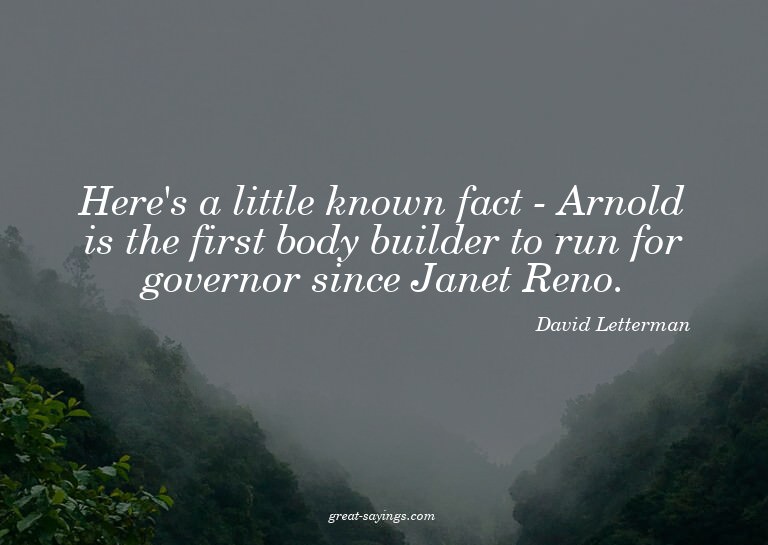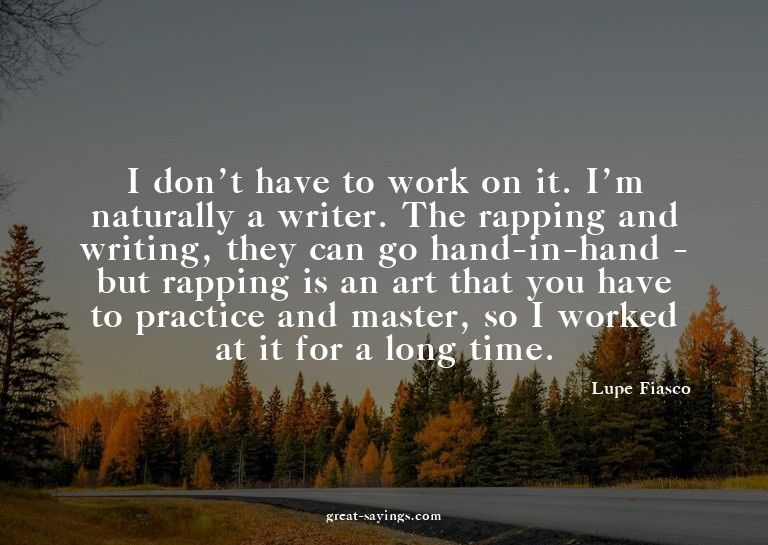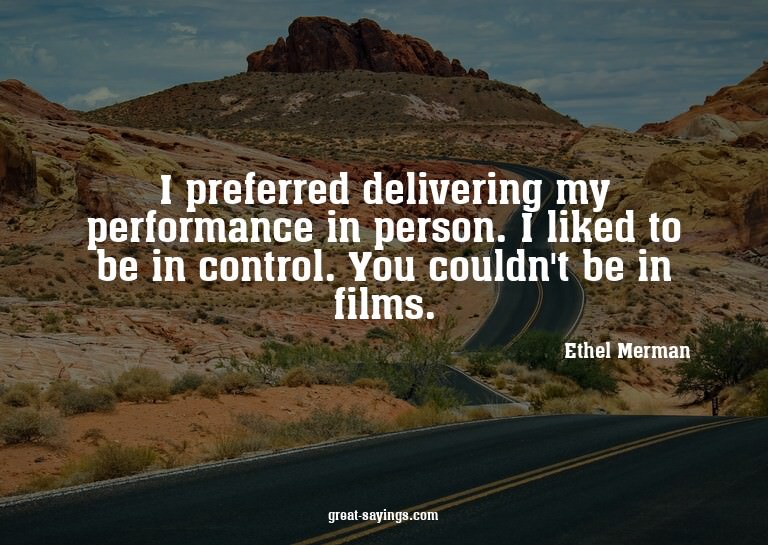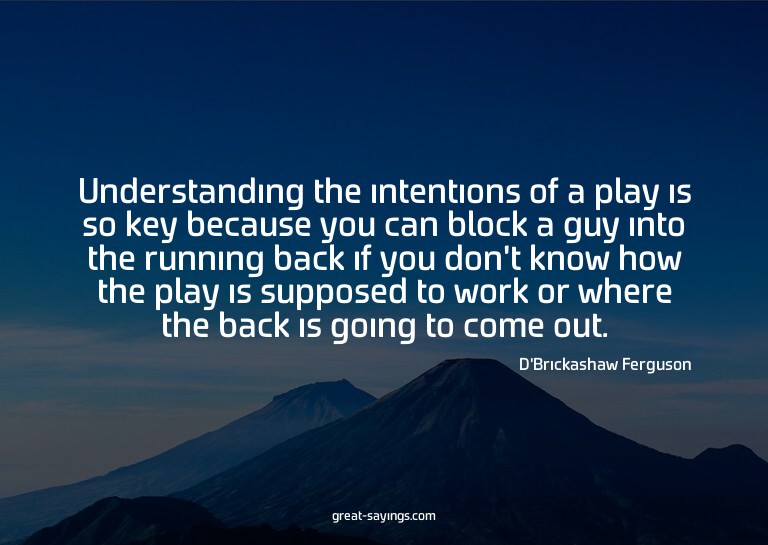Words matter. These are the best Dominic Grieve Quotes, and they’re great for sharing with your friends.

Our personal data belongs to us. Government holds it on trust.
All political parties, if they are to be successful, have to be broad churches.
I have no doubt that those who campaigned for and voted leave in 2016 did so with honourable motives.
Including myself, it is now clear that there is a significant group of Conservative MPs who think that a People’s Vote – a vote on the final form Brexit will take, is absolutely indispensable for the future wellbeing of our country.
In my brief, home affairs, we have witnessed ministers issue countless dodgy dossiers, fiddle figures and fudge facts.
Only a Conservative government can credibly deliver the overhaul in approach that will ensure the controlled immigration that Britain needs to prosper in the 21st century.
The principles of conservatism include upholding the rule of law and the United Kingdom’s international legal obligations.
It’s difficult to see how the U.K. can be a member of the E.U. if it’s not adherent to the principles set out in the convention.
Any politician can talk about resuscitating public trust.
The Good Friday/Belfast Agreement was a bilateral one between ourselves and Ireland and did not involve the E.U. at all. It just presupposed common E.U. membership as a facilitator of its successful operation.
Our best hope in meeting the many challenges that Brexit brings for us is being willing to be open-minded about the options we may choose to pursue.
For democracy to function properly it requires accepting the absolute right of individuals and groups to campaign against decisions previously taken by majorities and to seek to change them.
As a practising Anglican I go to church on a Sunday.
Much as criticism can and has been made as to how E.U. law has been created, there is much in it that affects our daily lives for the better and is welcomed by many without them being necessarily aware of where it comes from.
As a politician, I should expect sharp challenge from those who disagree with my decisions.
The ending of irrational fantasies is always going to come as a rude jolt.
From the immediate abandonment of the promise of an extra £350m for the NHS, the history of Brexit is already littered with discarded and unfulfillable promises.
As has been the case throughout the history of terrorism, government anxiety centres on what to do about those against whom there may be intelligence but no usable evidence.
A decision as a backbencher to vote against one’s party ought not to be taken lightly.
Henry VIII Clauses allowing the Government to change almost any law of the land by statutory instrument, if needed, to implement Brexit must be properly restricted.
In the past there has been debate as to whether or not traditional rights such as that to trial by jury might be protected or if a Bill of Rights should extend into areas of social and economic policy.
Some in favour of Brexit are so fixated on leaving the E.U., they keep arguing that any attempt to change it is some form of sabotage.
There is a certain belief that so long as something is published in cyberspace there is no need to respect the laws of contempt or libel. This is mistaken.
As attorney general I see my role as defender both of press freedom and of the fair administration of justice.
Paralysis in decision-making breeds frustration and contempt from the electorate, and provides the perfect seedbed for demagogues who fill the vacuum with populist simplicities, hatred of opposition and lies.
The truth is that every trade deal imposes some restriction on sovereignty.
The state is there to serve the citizen, not the reverse.
It is not always easy to balance freedom of expression with the needs of the justice system.
I am a Conservative, so I don’t wish to be seen as a rebel, particularly, at all.
We need to understand why there is a void of participation in public life from the Muslim community and why it is a growing issue, and we need to understand the impact of this on wider civil society.
I worry that there are attempts to push faith out of the public space. Clearly it happens at a level of local power.
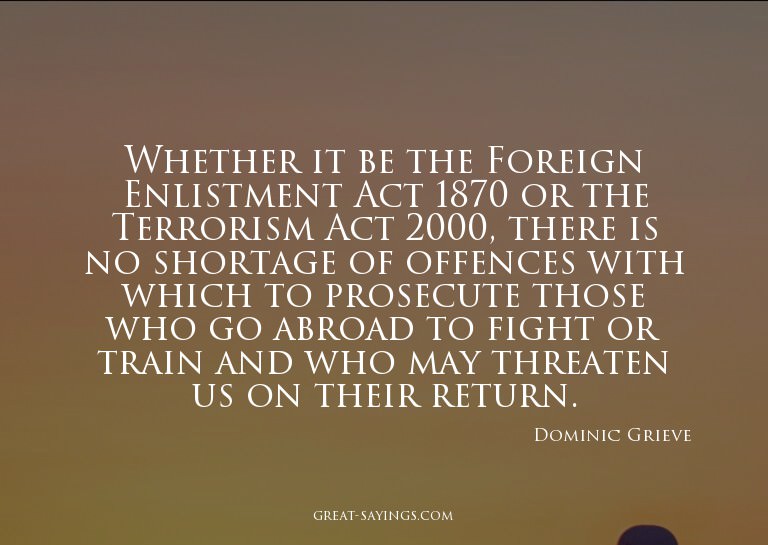
Whether it be the Foreign Enlistment Act 1870 or the Terrorism Act 2000, there is no shortage of offences with which to prosecute those who go abroad to fight or train and who may threaten us on their return.
Surveillance legislation passed in good faith has been stretched well beyond its original purpose.
No one is going to thank us afterwards for a Brexit that reduces people’s quality of life.
We then need to consider carefully how the E.U. law that is going to be imported into our own law will operate. Its processes and interpretation have always been different from our own domestic law.
As a strong believer that Brexit is a very damaging mistake that becomes more obvious every day, I see sound democratic reasons for asking the electorate to confirm what it wants to do.
It’s very nice to be a rebel saying, ‘I stand on my principles,’ but if in fact that’s not going to have any impact on the policy, it may be principled, but it doesn’t deliver the better outcome that the country needs.
I think politicians should express their faith. I have never adhered to the Blair view that we don’t do God, indeed I’m not sure that Blair does.
The Government has correctly recognised that this E.U. law cannot all be changed into domestic law at once.
We have collectively to face up to the fact that in the two main political parties there are substantial disagreements on the best form Brexit should take.
I do worry about population growth and the preservation of the green belt space but I don’t think these are insurmountable problems.
The public are not fools.
We need to work together to either achieve a form of Brexit that does not threaten our future or ensure that the decision to complete departure is the electorate’s informed choice.
Thankfully, roads have opened that could lead us out of this Brexit crisis. One obvious solution, which is fast gaining support, is to hand the issue back to the country. I would add that we also need formally to take no deal Brexit off the table, because that way lies chaos and disaster.
If parliament and government work together in their respective constitutional roles, and respect due processes, we will maximise our chances of making the right decisions as we encounter the many challenges, risks and opportunities Brexit poses for our country.
The failure to manage economic migration properly has put further pressure on transport and housing.
It is in nobody’s interest that groups should find themselves excluded from society.
If you are making policies through speeches that are contradicting some of the policy development your colleagues are embarked on, you are destroying collective responsibility.
Jeremy Corbyn has shown no ability to provide solutions for Brexit whatsoever.
In a deeply divided country we must either work together to get the best deal we can – and this needs compromise – or accept that Brexit cannot be implemented and think again about what we are doing.
Ultimately, any government is one which enjoys the majority of support of members of Parliament to carry out a policy.
Investment by any foreign company in any element of the U.K.’s Critical National Infrastructure should receive careful scrutiny.
Of course we should harness IT to strengthen public protection and public service delivery.
Our schools face immense pressures caused by the different needs and languages of children from immigrant families, particularly in urban areas.
I believe that MPs from all parties must work together to prevent a damaging hard exit.
Putting the Withdrawal Bill in order is an essential step to stability and achieving a reasonable outcome to Brexit.
Nobody in this country goes around saying: ‘I’m feeling very oppressed by the E.U.’ Well, one or two people do, but they’re a bit odd. Ultimately, if they’re getting oppressed by the E.U., they’re going to start to feel oppressed by something else and just switch to a new subject of oppression.
This is bad for policy-making – if you cover up the problems, how can you solve them? It also corrodes public trust. Government must be much more honest about the challenges facing the country, if we are to begin to tackle them. Short-term spin must give way to proper long-term strategic thinking.
Whatever long-term advantages are claimed for Brexit it is overwhelmingly clear that in the short to medium term it carries risks to our economy and security.
A careful examination of the information available, from previous counter-terrorism investigations, demonstrates that police have never come close to having to release any dangerous terrorist suspects as a result of time constraints.

